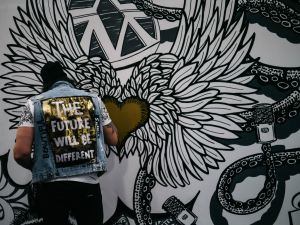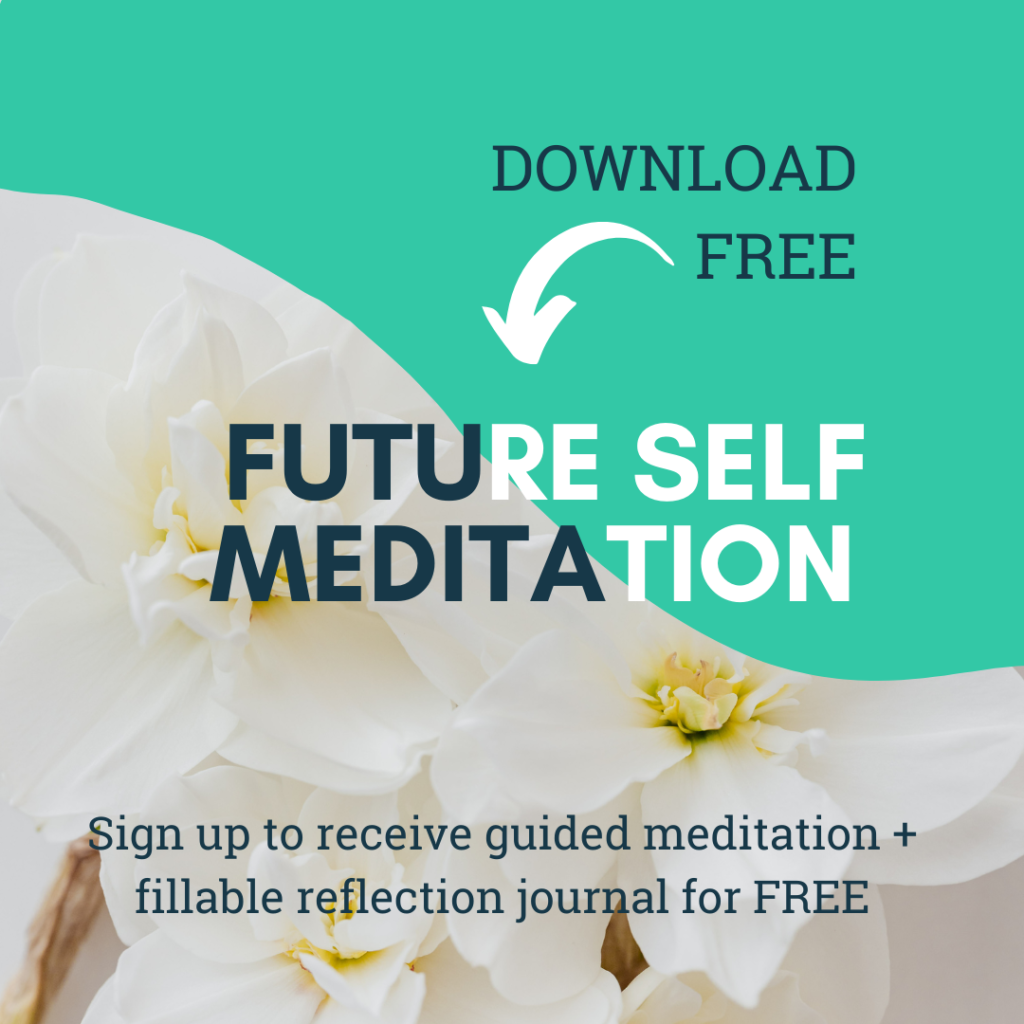Working for money is not a good thing. It’s also not a bad thing. Most of us had to be taught to apply this “work for money” mindset early on in our careers. But we did not start this way. And there is no time like the present to break free of unhealthy learned behaviors. You can unlearn how you think about work.
Work For Money Feels Necessary
Many of us start our working life with a good dose of idealism and hopefulness. As we start to work, that often fades. We start to take on the many responsibilities that come with #adulting. The cost of living  is higher than we thought. Bill collectors are more aggressive than we thought. Career advancement has little to do with merit. The politics of middle school social circles resurface in our offices and we wonder “is this it?” “Is this what I have been working towards all this time?”. We find ourselves trapped. The world somehow is not what it seems. And the notion that we could break free of the world as it is, feels too ambitious.
is higher than we thought. Bill collectors are more aggressive than we thought. Career advancement has little to do with merit. The politics of middle school social circles resurface in our offices and we wonder “is this it?” “Is this what I have been working towards all this time?”. We find ourselves trapped. The world somehow is not what it seems. And the notion that we could break free of the world as it is, feels too ambitious.
Is this it? Is this what I have been working towards all this time?
I started my career in love with philanthropy, and doing good. Serving others and providing quality service at all costs was my ambition. I balked at my colleagues who studied business and marketing in undergrad. How could you be so focused on selling and making money, when there were so many other needs to fulfill in the world? Maybe I was naive at 20 (who isn’t) but when I finished my liberal arts degree, I thought I was equipped to save the world. And I didn’t just want to be good at doing good. I wanted to be exceptional. Break free? More like busting out! I left college on an altruistic mission to live a modest life in the service of others.
Young, Poor, and Full of Dreams
But 18 months after graduation I was poor. And frustrated. And I realized, that with limited resources, you can only save the world with high quality service up to a point. When money is short, you have nothing to give but time. And people need more than time, to say the least:
- Education. How will you pay the teachers, pay the rent for the school building, buy the supplies?
- Housing. How will you pay the contractors, the management fees, the ongoing repairs, heat and amenities?
- Justice. How will you lobby for your interests? Pay for the signs, bail out the advocates when it gets real?
Money Can Do Good When in Good Hands
Money isn’t everything, but it is a universal tender for resources. And to be of service, to provide high quality care, you need resources. I wanted to break free of the need to work for big corporate, but I didn’t know how to thrive without it.
 When I left non profit work, I had a new mission: figure out how these other do-gooders got resources. I would study the ways of the private sector, and then bring it back to the non profit world. My goal was to change the game as a change agent. I would emancipate non profits from a cycle of broke-ness. If I could figure out how businesses break free of their resource shortages, I could break free of my own deficits as well. Part of my research was working in for profit-education companies and studying how they acquired resources to make their missions happen. And I learned a ton:
When I left non profit work, I had a new mission: figure out how these other do-gooders got resources. I would study the ways of the private sector, and then bring it back to the non profit world. My goal was to change the game as a change agent. I would emancipate non profits from a cycle of broke-ness. If I could figure out how businesses break free of their resource shortages, I could break free of my own deficits as well. Part of my research was working in for profit-education companies and studying how they acquired resources to make their missions happen. And I learned a ton:
4 Ways to Raise Money For Your Mission
- You can franchise your ideas and watch others implement and replicate them – often poorly if you can’t figure out the accountability piece.
- You can seek out private funding and be beholden to the wishes of the highest bidder. . . Trading your integrity bit by bit in exchange for resources. Sometimes negotiating your morals, and stalling your vision, while you invest time in other skills that others find lucrative and worthy of investment.
- You could fund it all yourself. Bust your butt somewhere, make a ton of money, and then when you are “self made” get back to the business of saving the world. **Many have attempted this and succeeded in spending a lifetime busting their butt, and then 10 years in their 70s or 80s trying to save the world. Seems like backwards life trajectory.
After looking at these models, the answer was clear to me:
4. Get a grant. If you wanted to break free of someone else’s vision of success, your best bet was to find someone who made so much money they finally realized their resources could do more good, if they gave them to you. But getting a grant is not easy.
You have to be crystal clear on your mission, your motivations and your processes.
How good are you?
What’s your service worth?
Who knows the answer to that?
Who cares enough about what you care about, and who trusts you to do as you say you will?
What could you do with unlimited resources?
What would your service look like then?
Getting a grant is doable. There are resources everywhere to help you learn where and how to apply. But what if you want to go bigger? What if you weren’t just on the receiving end of resources? Could you hold the purse strings yourself? And if you did control the resources, what impact could you have then?
What does it take to create so many resources, so much money that you can make other people’s dreams of changing the world come true?
What an immense blessing, honor and responsibility. That’s a shift so big, it’s hard to see where it begins or ends.
Save The World Mindset
I spent two days at the Ford Foundation in March, and it didn’t take long to realize that people who do that kind of good, don’t think like the rest of us. There was no debating of right and wrong. No one was trash talking study, intellect, or knowledge, or apologizing for their education. There was only a resolute desire to inform, enlighten, empower, and make the lives of all humans better. And that means tapping into the human condition. Being aware of the challenges we face. Being sometimes overwhelmed with the multitude of connection, and intersection of human interaction – the history, the relationships, the culture, that makes all of us see things through our own lens. The work of grant makers isn’t focused on money, it’s focused on impact. These people are free to focus on people and on service.
These are people, who when asked to contemplate the purpose of any business, will without hesitation respond “to save the world’s problems”. Who thinks like that? Do you?
that means tapping into the human condition. Being aware of the challenges we face. Being sometimes overwhelmed with the multitude of connection, intersection of human interaction
When I ask the purpose question in many other (for profit) venues, the answer is usually, “to make money”, “to satisfy investors” and yet there is still a small sliver of the working populace who believes their purpose is to pay it forward, make things better, leave the world better than we found it. They have found freedom from making money for money’s sake.
I would love to make that my immediate response. It’s how I started my career, and yet somehow it’s been lost in the endless search for resources, or maturity. But maybe, there’s a way to break free from the cynicism of age, and career experience and find that hope again. Maybe the humanity that lives within each individual working man and woman can find itself again.
I know that helping others is the purpose of my business. But I am only one business. What would it take to believe that virtue was the goal of all business? Period.
Break Free in 4 Intentional Steps
And what then of finding and acquiring resources? Do we all start as young 20 somethings pure of heart and then get caught up in the search for resources, for money as I did? What’s the answer. How do we get back to where we started? Hopeful, eager, hard working and true? Is that tangent part of what makes the shift work in the first place? Maybe we all need those 18 months or more of blissful ignorance at first. But when you’re ready to make your way back, there are four mindset shifts that helped me, and I think will help you too.
 Know where your motivation comes from – Staying true to your purpose starts with understanding your own motivations. What is your emotional reason for doing the work that you do day in and day out? Are you motivated by your desire to help people? To earn a title or position? Make money? Do you want to make an impression? When you get clear about why you do what you do, it makes deciding your next steps much easier. You may start with an MBTI or DiSC profile, or Strengthsfinder assessment to get this internal conversation going. Or even, setting aside time for a deep assessment with a life coach, may be a good place to start. Know yourself better than you do now, and suddenly the question of “what next?” is much easier to answer.
Know where your motivation comes from – Staying true to your purpose starts with understanding your own motivations. What is your emotional reason for doing the work that you do day in and day out? Are you motivated by your desire to help people? To earn a title or position? Make money? Do you want to make an impression? When you get clear about why you do what you do, it makes deciding your next steps much easier. You may start with an MBTI or DiSC profile, or Strengthsfinder assessment to get this internal conversation going. Or even, setting aside time for a deep assessment with a life coach, may be a good place to start. Know yourself better than you do now, and suddenly the question of “what next?” is much easier to answer.- Stop worrying about money – There is something to having some financial peace of mind. Dave Ramsey has an entire online program (super affordable) that helps people understand how to manage money better. And his philosophy is deeply rooted in the idea of good people getting financially free so they can do more good in the world. If you aren’t the at home, self study type, then schedule a Get Your Money Right Workshop. I promise you, 3 hours digging in on your money fears does wonders to jumpstart a new plan and get over your money anxieities.
- Focus on what you can control – You can’t control how others perceive you or your work. You can only change you. That means spend more time on fulfilling your motivations, and less time on fulfilling those of others. You can never make anyone else happy (not your boss, not a shareholder, not an investor) but you do have impact on doing what brings you peace and joy (being prepared, resourceful, kind, generous, caring). Break free of others’ expectations, and put your energies where they can have more impact.
- Get help with the #adulting thing – Life is challenging. I live and work in Brooklyn with two kids. Finances are rough, commuting is the longest in the country, space is limited. I get being pressed for resources. And I am learning to get better at asking for help. This came from me seeking out coaches, therapists, friends, learning to trust family, and learning how to communicate more about my needs and wants. Most coaches offer free consults that are a phenomenal way to start ordering your thoughts, motivations, and next steps. There’s no excuse to not getting help.
Notice how everything goes back to those motivations?
Now I dabble in mindfulness, and love the idea of shifting your mindset to a growth mindset, seeing a world of possibility instead of endless and unfortunate status quos. But what would it take to change the working worlds’ mind?
Change Your Mind, Change The World
Is it the capitalist mentality or something bigger at stake when we contemplate this feeling of going into business for the money? This idea that the reason to incorporate is to accrue more money and profits, not for serving others? Where does that come from? What is its root, and what would it look like if we were to cut it off? How would business look if all CEOs took up the call with that end in mind? Could all of the corporate world break free? Can success be measured and quantified by world impact, instead of a financial statement? What would the planet look like if national leaders saw that as their aim? If money didn’t drive our politics and our ethics? 
Are you a change agent? Do you work for humanity or for money and personal survival? What was your journey to break free? I would love to hear more about your journey to career peace and impact. Leave a note in the comments below!










Trackbacks/Pingbacks